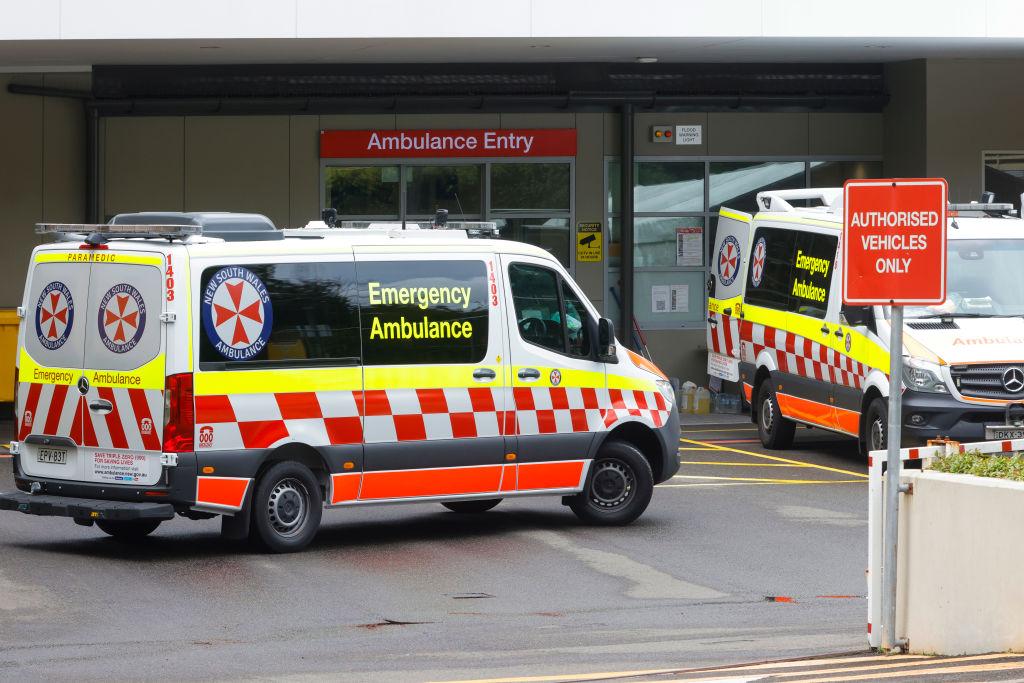Nearly half of Queensland nurses and midwives are considering leaving the profession amid chronic understaffing and aggression leading to burnout.
Of the 20,000 Queensland Nurses and Midwives’ Union (QNMU) members, 46 percent of them are overworked, burnt out and considering quitting, a poll revealed.





